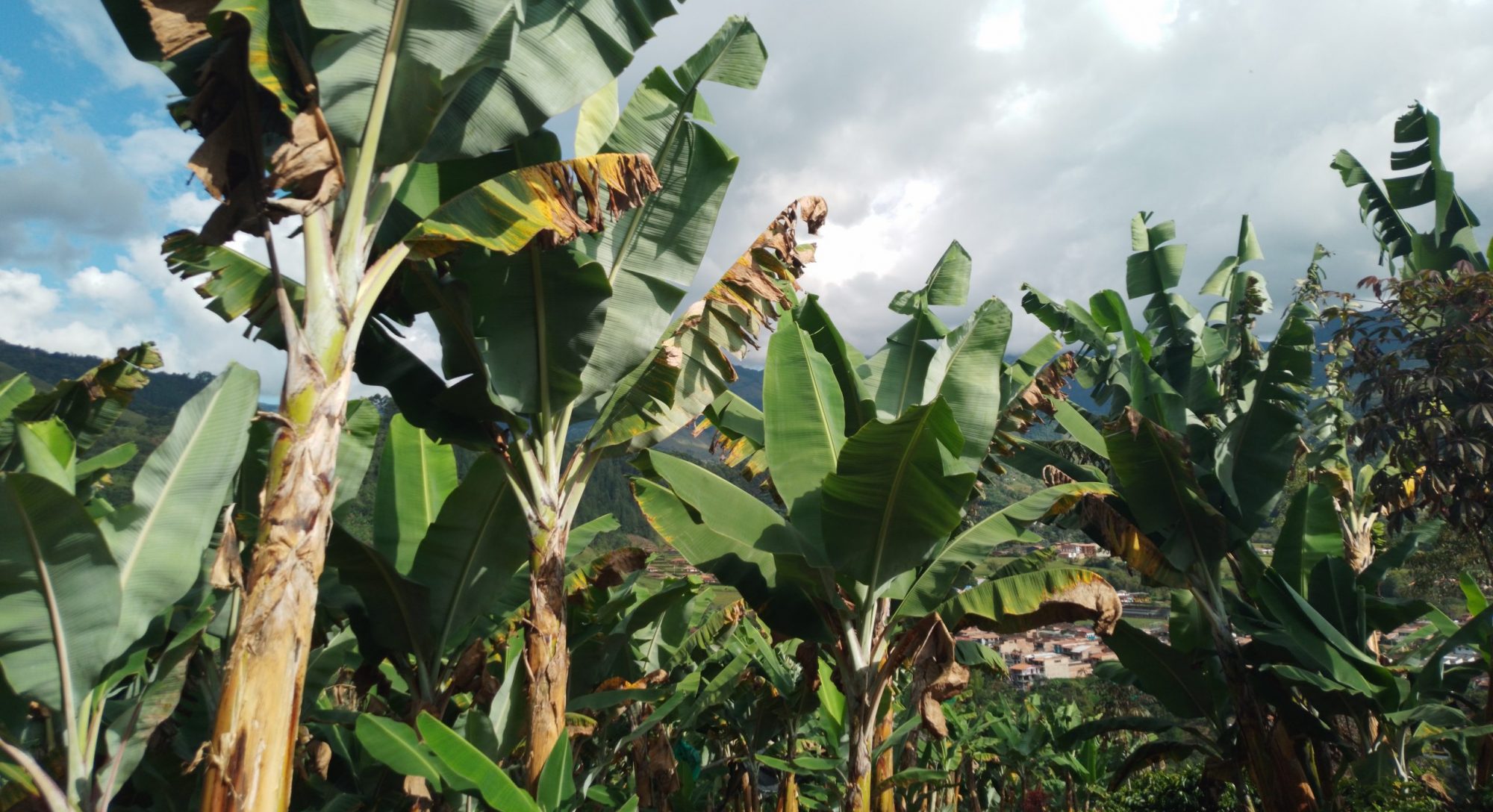University of Reading, UK, 16th-17th July 2014 Sponsored by the Norma Wilkinson Trust, the Geographies of Justice Research Group, the RGS-IBG and the University of Reading. http://foodjustice2014.wordpress.com/
Organizers: Agatha Herman, Mike Goodman & Sally Lloyd-Evans (University of Reading)
From farmers’ markets to food deserts, food banks to community allotments, the concept of food justice engages with the contemporary global challenges of food access, sovereignty and security through the lens of social and spatial inclusion/exclusion. This two-day conference aims to make space for otherwise marginalised stories and relations with food by creating an opportunity for academics, civil society and policy professionals to work together to discuss and address some of these issues. The conference focus on justice and inclusion/exclusion connects into broader social debates on inequality, race, gender, class, identity, livelihoods and agency and we welcome anyone interested in these issues to come along and participate.
Depending on the quality and volume of papers received, we plan to produce either a special themed journal issue or an edited volume in the Ashgate Critical Food Studies series alongside an overview report to be disseminated to civil society and policy organisations.
Confirmed speakers include Nik Heynen (University of Georgia), Liz Dowler (University of Warwick), Mike Goodman (University of Reading) and David McAuley(The Trussell Trust).
We invite you to submit papers on, but not limited to, the following topics:
- Concepts of justice in the context of food
- Food access and exclusions
- Austerity, access and diets
- Food banks and alternative food supplies
- Civic Food
- Food, identity and body image
- Food and family
- Community gardening/production
- Food activism
- Food policy and policy contexts
- Conventional and alternative food networks
- Sustainability/resilience of food systems
- Changing food geographies
- How to practise food justice
Contributions are welcome from a range of areas across and beyond geography, including engagements from outside academia.
Please send abstracts of 200-300 words to Agatha Herman (a.l.herman@reading.ac.uk) ASAP!

